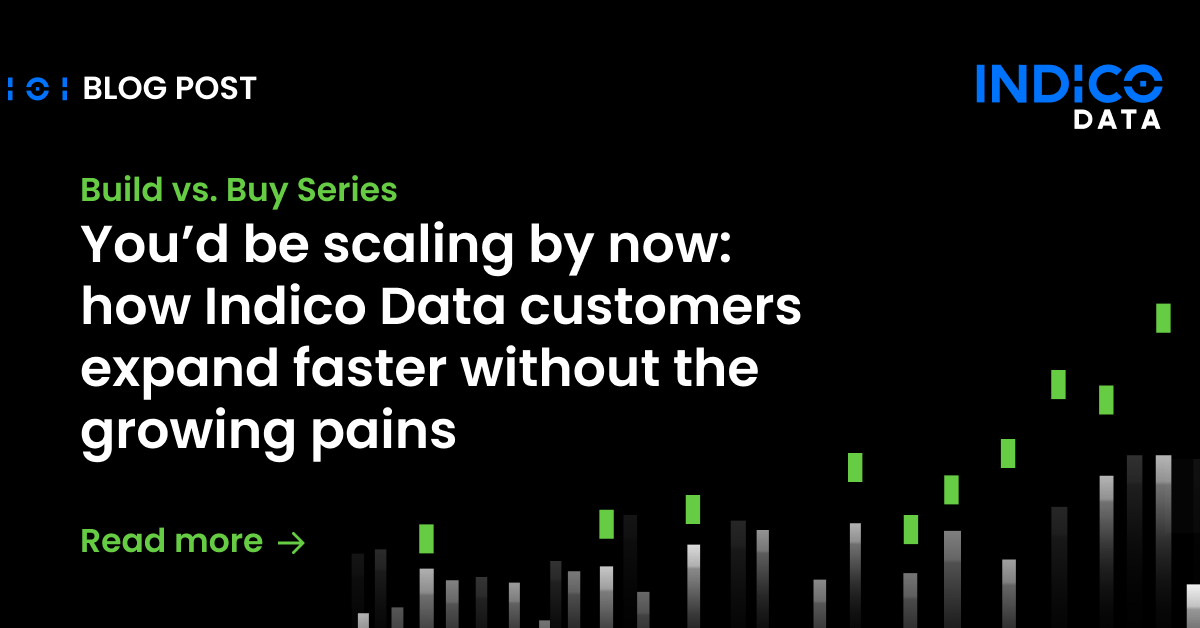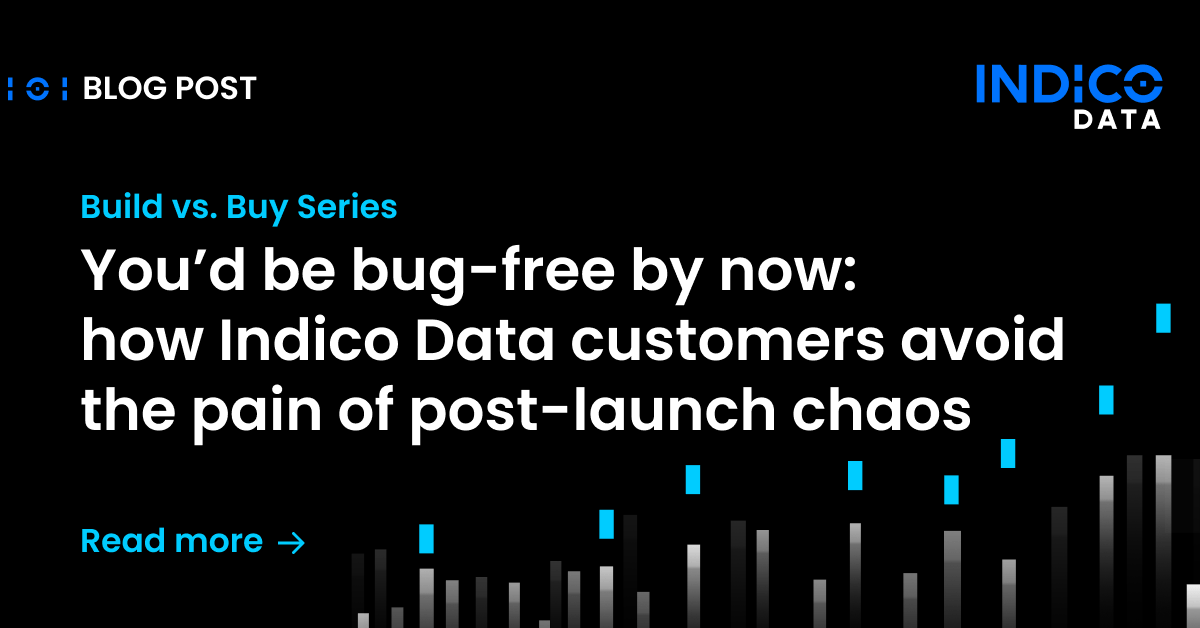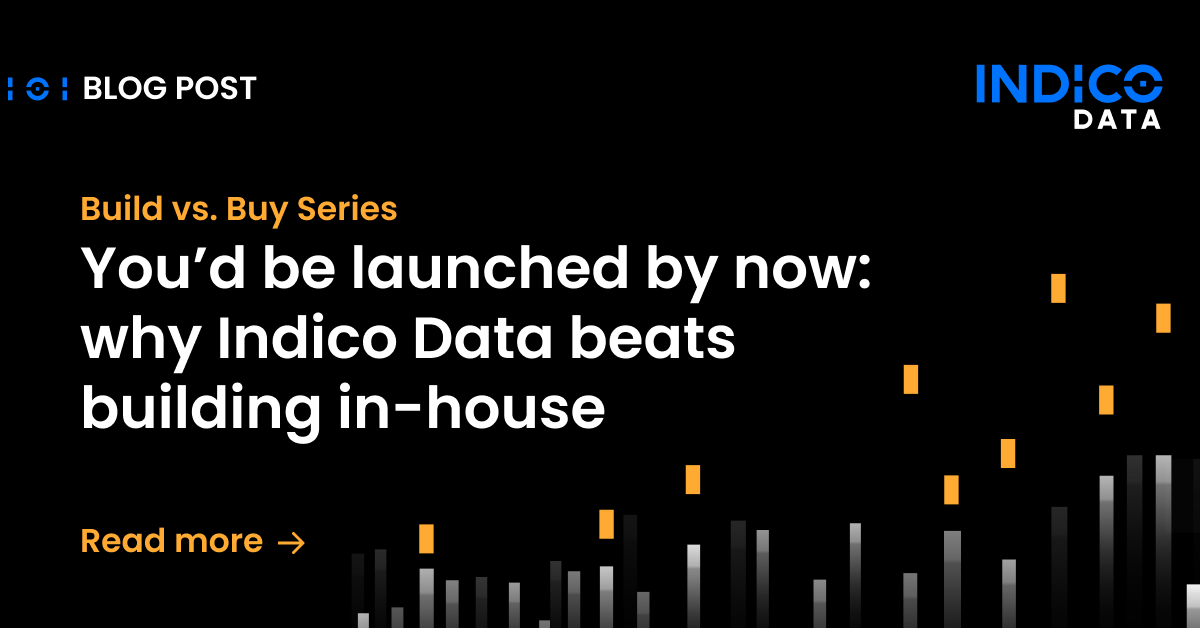When you can automate insurance processes that used to take a week and instead tackle them in an afternoon, it has repercussions for the business that “don’t stop,” according to my most recent podcast guest. It means rethinking processes, creating new products, realizing a rather spectacular 20:1 return-on-investment, and more.
On Episode 11 of Unstructured Unlocked, Ozan Bilgen, CEO and founder of Base64.ai, laid out what automating underwriting, claims, and other functions can do for insurance companies and others. His company offers a series of templates that automate the intake process for hundreds of common documents, including for claims, underwriting and healthcare-related processes.
Listen to the full podcast here: Unstructured Unlocked episode 11 with Ozan Eren Bilgen
Zero shot approach to insurance automation
Based on artificial intelligence, Base64.ai’s technology takes a “zero shot” or semantic approach to automation. That means it can learn what values to extract from a given type of document, such as an ACORD form, simply by seeing enough of them to identify patterns, much like a human would. The company also has hundreds of pre-built models for common document types in verticals including insurance, finance, travel and healthcare, and some 400 integrations with other common applications and systems.
Bilgen got the idea for Base64.ai from his own experience in industry, including a stint at Uber, where a common document type was a lease. “We had more than 300 people in Phoenix going through those documents every day,” he said. “And still the average processing time for a lease was more than 5 days.”
At that time, in the mid-2010s, there was no good AI solution for automated document processing. So, he set out to build one.
His Uber experience translated well to the document-intensive insurance world. “No insurance company we work deals with less than a million pages a year,” he said. For them, the focus is on increasing efficiency, to reduce operational spending while increasing revenue. It’s been working well enough that clients are realizing that 20:1 ROI, he said.
Related content: Prepare for the future: Give your underwriters a bionic arm
Creating new opportunities
Asked what kind of impact insurance process automation brings, he said: “They don’t stop. Some actually had to change certain processes because now things are happening too fast.”
One insurer found automating processes enabled it to create new capabilities, including an online verification system. Rather than email documents, customers can upload documents including ACORD forms to the insurer’s website where they are automatically entered into a verification engine driven by Base64.ai. The user can then see how the intake engine interpreted the document and make any required changes.
Customers like the process because their document is uploaded instantly, and they can verify everything is accurate – without having to input lots of data. The system “looks pretty smart and savvy,” Bilgen said. “And people are like, ‘Wow.’”
Applying AI to insurance processes
Automated intake solutions enable insurers to extract more data than they may have previously, and that additional data enables additional downstream capabilities including improved analytics.
Consider invoice fraud, which is a problem even huge companies like Google and Facebook have faced. In a relatively simple scheme, perpetrators send fraudulent invoices to companies for goods or services they never rendered. In some cases, it works.
“Companies don’t have teams to go and check the purchase order and the contracts and all those other things associated with [the invoice] because they’re super busy processing these documents manually,” he said.
An AI solution could automate the process of matching invoices to purchase orders and the like for an insurer (or any other company), in the process flagging any invoices that appear fraudulent or erroneous.
Another simple solution that can be part of an automated insurance claim process is to identify expired policies. For one Base64.ai insurance company customer, the process to identify a policy was actually out of date when a claim was filed could take days or weeks, not to mention causing grief for the customer.
An AI-based solution could identify a policy is expired right when the claim is originally filed, and to be sure, give the customer a chance to ensure they’ve uploaded the correct documents.
I could imagine a similar AI-based solution could help automate the insurance underwriting process, by quickly analyzing and weeding out submissions that don’t meet a company’s criteria for quoting. That would help to improve loss ratios by enabling underwriters to spend their time on the business that’s more profitable to write.
Related content: A reality check on the data accuracy debate with respect to automation in insurance
Learn fast, apply widely
Bilgen also pointed out that AI solutions improve over time as they see more examples of a given document, and can learn much faster than humans do. What’s more, whatever you teach one AI instance applies to all others. It’s not like with traditional employees where you need to train each one individually.
“It’s like you hire once and that’s good enough for the entire division and company,” he said.
Intelligent intake solutions are so powerful that it’s no longer an “if” question as to whether companies will adopt the technology, Bilgen said. “By 2040, nobody’s going to do this by hand.”
For more insights, check out the full transcript of the podcast here.
To get more of insights from this AI expert, check out the full podcast on our YouTube channel or from your favorite platform:


